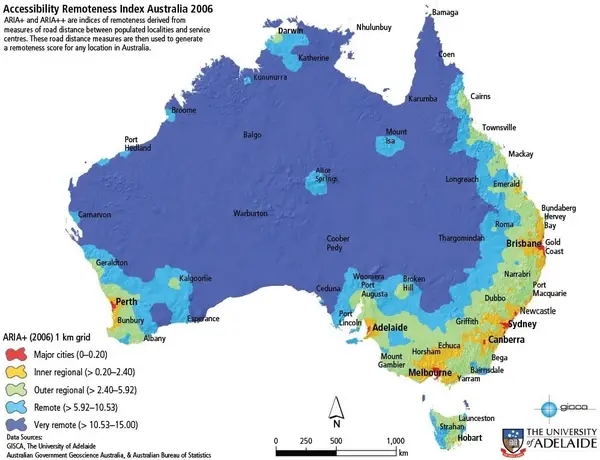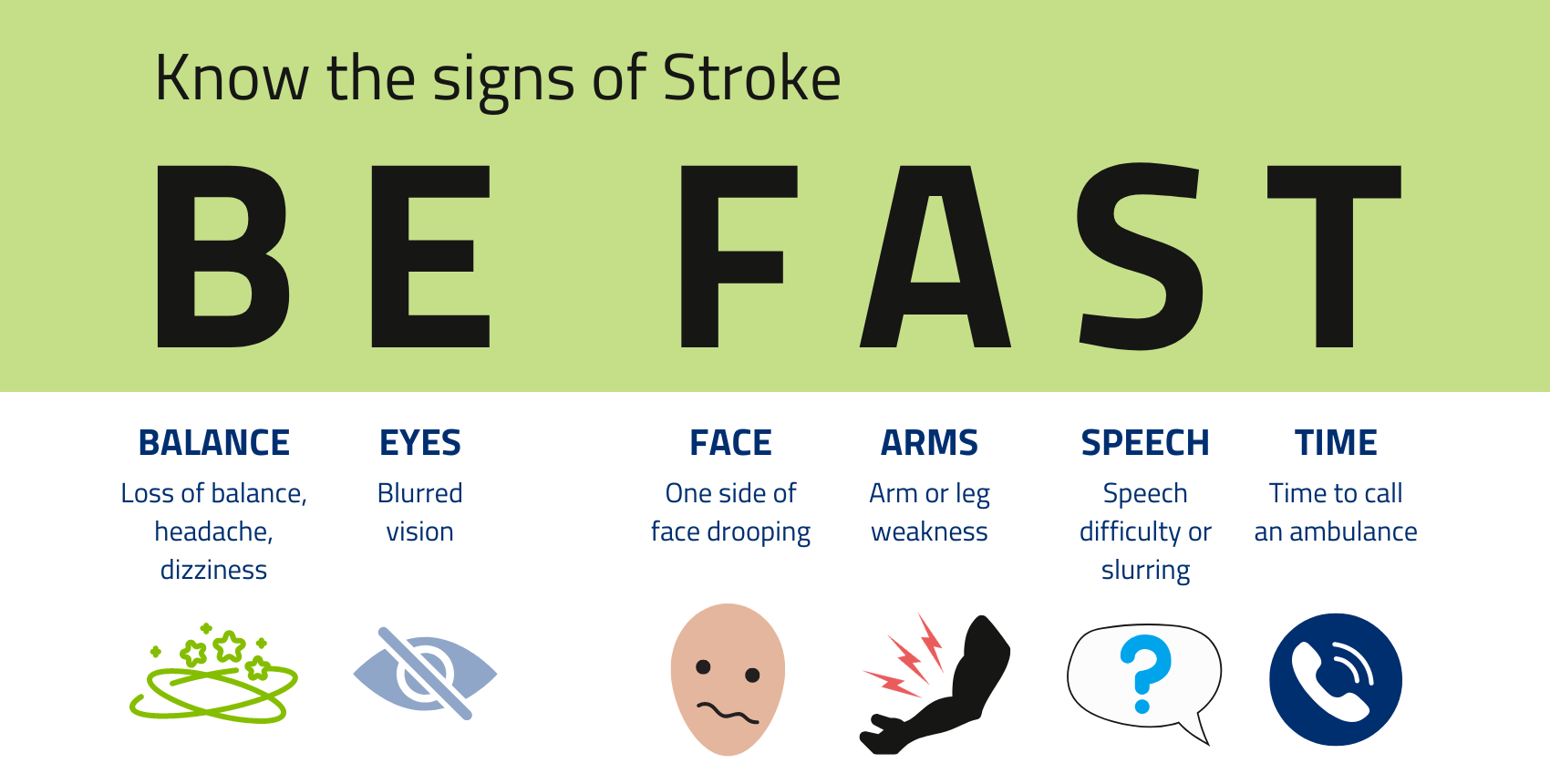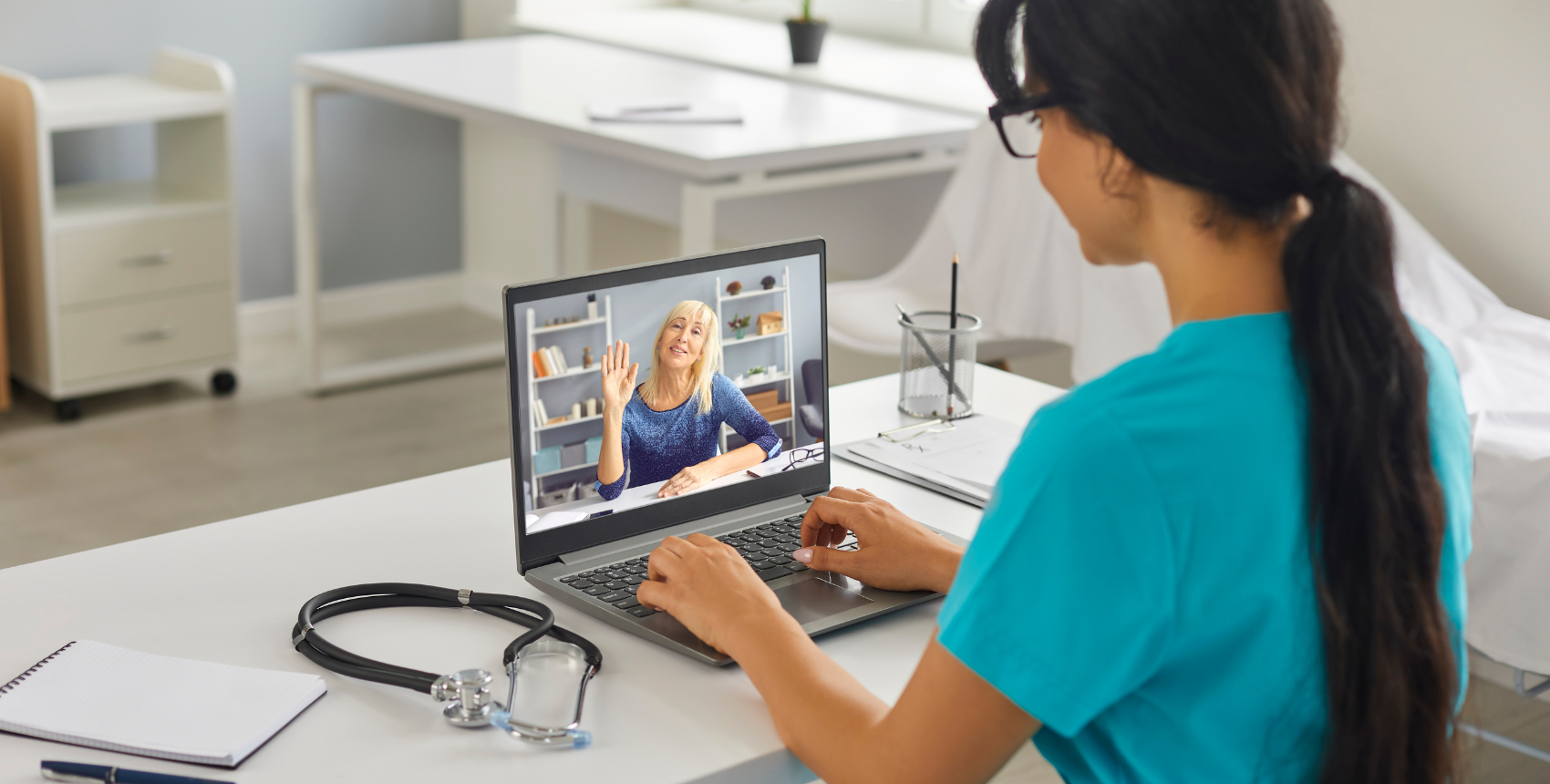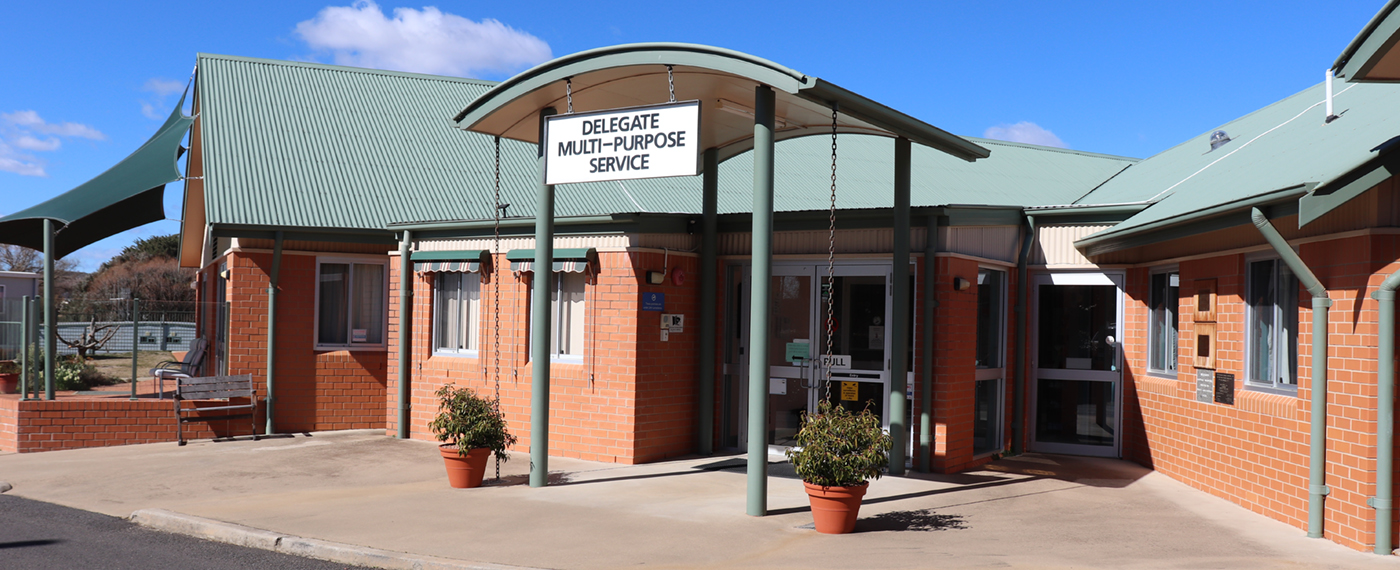27 Jun Finding a neurologist in regional Australia
Accessing specialised medical care in regional areas of Australia can be challenging, especially when it comes to neurology services. However, there are several options available to patients in rural and regional areas.
This article covers some of the key questions about finding a neurologist in regional Australia and provides a list of resources if you would like to learn more.
Click on the headings below to jump to a specific section.
- Why are there so few neurologists in regional Australia?
- Plan ahead & know your options
- Telehealth consultations
- Visiting specialists
- Travelling to receive care
- Other regional health services
- The role of your general practitioner
- Directory of support services & helplines
- Conclusion
Reviewed by Dr Ben Tsang, Chair of ANZAN’s Regional Neurology Committee
Why are there so few neurologists in regional Australia?
Australia is a big country, home to 25.7 million people over 7.7 million square kilometres. However, for the 31% of Australians who live in regional and rural areas, health services are scarce.

Neurologists are a specialist service, so they can be difficult to access even if you live in a major city. In fact, many practitioners in both metropolitan and regional areas are not accepting new patients. A Department of Health fact sheet from 2016 showed that there are only 490 clinicians in Australia, and 93.3% of them work in major cities. This means that there are about 33 neurologists working in regional areas.
This shortage is hard to overcome, and it is projected to get worse in the coming decades (1). While this article can help you understand your options, the reality is that we need to advocate for better access to specialists in rural and regional areas.
The Australian and New Zealand Association of Neurologists (ANZAN) has a subcommittee called the Regional Neurology Committee, which is working to address issues facing practitioners and patients in rural areas. Their terms of reference identifies some of the key problems, such as:
- Training location. Neurologists often train and subsequently practise in major cities.
- Growth of regional centres. Regional centres are growing quickly, but recruiting practitioners to regional neurology posts takes longer.
- Desirability. Many neurologists and neurology trainees perceive regional positions as less desirable – in contrast, those who have worked regionally usually have a positive experience.
- Broad range of skills needed. Regional neurologists generally have higher caseloads and see a wider variety of patients. They need to be prepared to treat lots of different problems, rather than specialising in just one type of disease. Training and practising in regional areas can actually help neurologists improve their diagnostic and basic management skills.
If you would like to learn more, you can read the full document here – Regional Neurology Committee – Terms of Reference >
Plan ahead & know your options
There are many lifestyle benefits to living in rural and remote areas, but it can be challenging because some services are not as readily available as they are in cities. Even if you are in good health now, it is important to plan for your future health needs. You might consider:
- Making a list of local health services & online support options
- Review your health insurance regularly to ensure it meets your needs
- Look into emergency treatment in your area – is there a hospital nearby, or will you need to fly to a hospital?
- The National Rural Health Alliance provides fact sheets and resources that could help you plan
Of course, it isn’t always possible to plan ahead. Brain diseases, disorders and injuries can occur in many different ways – sometimes they develop over a long period of time, and sometimes they happen very suddenly. These unexpected conditions, such as stroke, often require medical treatment as soon as possible.
Stroke is one of the top 5 leading causes of death in Australia. You can be prepared by knowing the signs and symptoms so that you can recognise a medical emergency and seek help.

Telehealth consultations
Telehealth consultations are one of the most convenient ways to access a neurologist in regional areas. This enables patients to see a specialist via video conferencing or telephone calls. You can access telehealth by contacting a private neurology practice, using a specific telehealth website, or contacting a public hospital with a neurology department.
There are a few things to keep in mind if you are trying to book a telehealth appointment with a neurologist:
- Waiting lists. Unfortunately many neurologists already have lots of clients, and they may not be able to see you immediately.
- First appointments. Some neurologists require the first appointment to be in person.
- Diagnostic testing or imaging. Depending on your symptoms, you may still need to travel to a hospital for testing.
- Treatment. Medications can sometimes be provided by e-script, but other treatments such as surgery need to be done in person.
When your GP writes you a referral they might recommend a practitioner. However, if their recommended neurologist does not have any available appointments, you can do some further research online. You may have to contact multiple clinics before finding someone who has an appointment available.
Telehealth neurology appointments can be combined with other access options (such as fly in/fly out clinics) if you need to see someone in person for your diagnosis and/or treatment.
Find a provider:

Visiting specialists
This is another option for patients who require the services of a neurologist in regional Australia. Visiting specialists are medical practitioners who provide outreach services to rural areas. They usually visit rural areas on a regular basis and provide consultations, diagnostic tests, and treatment options.
Patients can access the services of a visiting specialist by obtaining a referral from their local doctor. The referral will usually specify the reason for the consultation and the preferred specialist. Patients can also contact the visiting specialist directly to make an appointment.
Travelling to receive care
Sometimes you may have to travel to see a neurologist or receive care. This can be stressful but support is available.
- You may be eligible for assistance through the Royal Flying Doctor Service’s patient transfers.
- The Country Women’s Association provides affordable accommodation in some regional and capital cities.
- See a full guide to Patient Assisted Travel Schemes >
If you have friends or family who live in major cities, they might also be able to help you with accommodation (particularly if you need time to recover after a surgery or for long-term treatment).
To find the best options for you, ask your local health centre, GP, neurologist, hospital staff, or search online.
Other regional health services
There are many hospitals and general practitioner (GP) clinics across Australia, but in remote areas, your closest hospital could still be hours away. Here are some health services that specifically cater to regional areas:
- Fly in/fly out health clinics – staffed by Royal Flying Doctor Service doctors, nurses and other health professionals.
- Multi-Purpose Service (MPS) centres – these centres provide integrated health and aged care services. The exact services vary between centres, but you can speak to a nurse or doctor for basic medical advice. Learn more about MPS here and view a map of MPS locations here >
These clinics do not have neurologists on staff, but they are still important options. For example, if you are starting to experience unusual symptoms, you can ask a medical professional for their opinion. They might suggest that you get specific tests done, suggest a probable diagnosis, or refer you to a neurologist.
If you do have a brain disease, disorder or injury, this will hopefully lead to a faster diagnosis rather than waiting until your symptoms get worse.

The role of your general practitioner
Some neurological conditions can be diagnosed or managed by your general practitioner (GP). Your GP should always be your first contact for any medical problems, unless it is an emergency. Depending on the severity, they can help you with conditions such as:
- Migraine and headache disorders
- Epilepsy
- Concussion
- Ongoing management of chronic conditions
Similar to the regional health services listed above, they can also answer questions about new or concerning symptoms, order certain tests, suggest probable diagnoses or refer you to a neurologist.
Directory of support services & helplines
There are many different patient organisations, support services and helplines in Australia. They provide support such as speaking to registered nurses, NDIS advice, counselling and emotional support, advice for carers, and more.
| Organisation | Type of service | Website / Contact |
|---|---|---|
| Healthdirect | Free 24-hour health advice for non-urgent assistance - speak to a registered nurse. | 1800 022 222 |
| Dementia Australia | The National Dementia Helpline is a free telephone service that provides information and advice. | 1800 100 500 National Dementia Helpline |
| Stroke Foundation | StrokeLine - health professionals provide information and advice on stroke treatment, prevention and recovery. | 1800 787 653 StrokeLine |
| MS Australia | State-based organisations provide care and support services to people living with MS and other neurological and immunological conditions. | MS support services |
| Parkinson’s Australia | Support for Parkinson's Disease | 1800 644 189 Parkinson's Australia |
| Synapse | The Information & Referral team provides specialist information and advice to help manage the impacts of brain injury and better navigate the systems of available care and support. | 1800 673 074 Synapse Information & Referral team |
| Brain Tumour Alliance Australia | Peer support - speak to someone who knows what it is like to travel the brain tumour journey. | 1800 857 221 BTAA Contact |
This directory is just an introductory resource. There are many other support services and helplines listed on each of the pages in our disorder directory. If you are unsure of who to contact, you can search online, or call us on 1300 886 660. The Brain Foundation cannot provide medical advice but we will do our best to put you in touch with the right organisations to find support.
Conclusion
Accessing a neurologist in regional Australia can be challenging, but there are options available through telehealth, visiting specialists, and travel. Other regional health services and your GP can also be helpful if you are living with a brain disease, disorder or injury. Patients should discuss their options with their local doctor and choose the option that is most convenient and accessible to them.
Helpful links:
- Finding a neurologist – general article about finding a neurologist (not specific to regional Australia)
- National Rural Health Alliance – organisation committed to improving the wellbeing of Australians in rural and remote areas
- Healthdirect – rural and remote health
References:
- S Simpson-Yap et al, 2023, Modelling accessibility of adult neurology care in Australia, 2020–2034. DOI: 10.1136/bmjno-2023-000407


 The Brain Foundation is the largest, independent funder of brain and spinal injury research in Australia. We believe research is the pathway to recovery.
The Brain Foundation is the largest, independent funder of brain and spinal injury research in Australia. We believe research is the pathway to recovery.